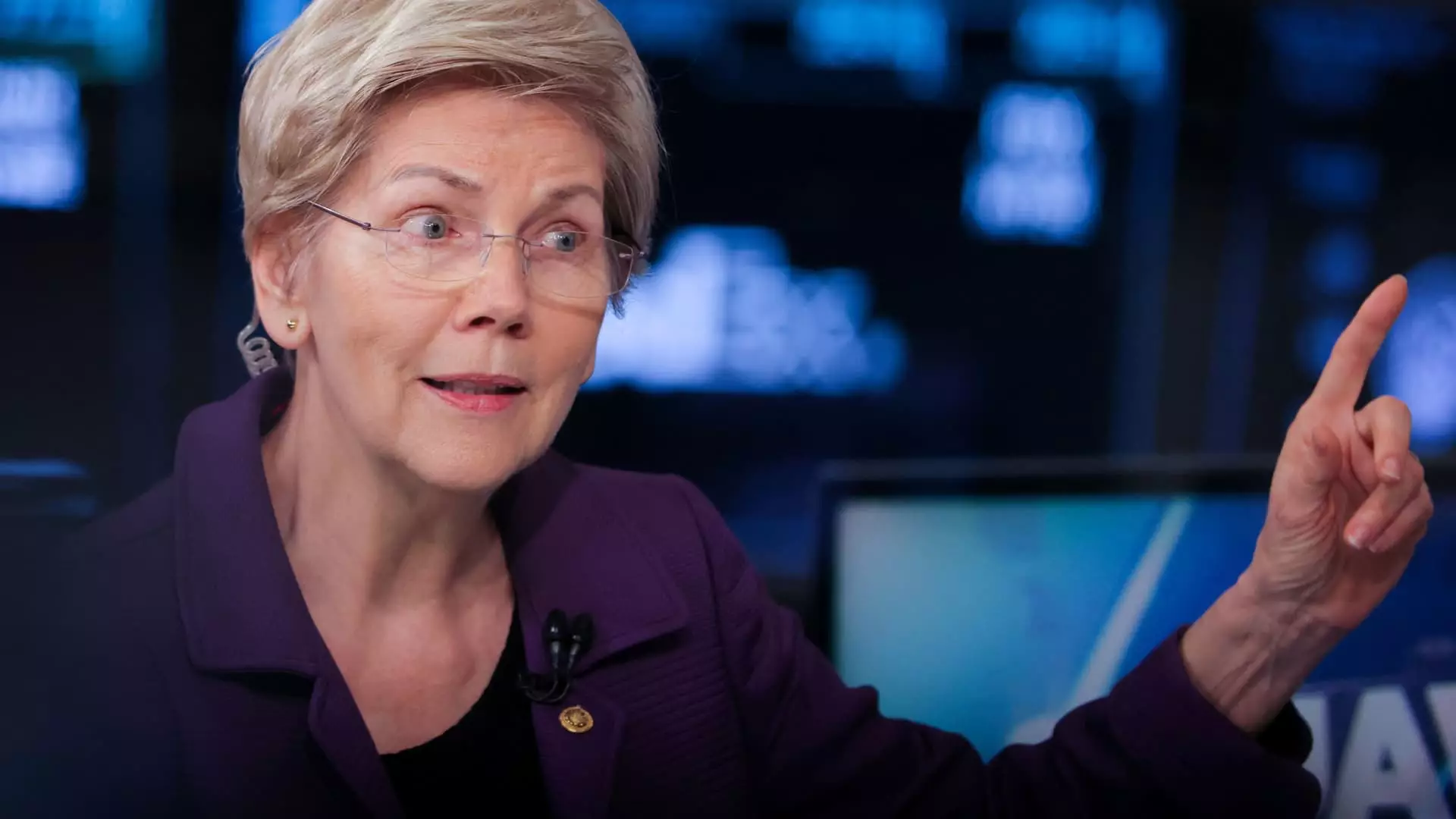Senator Elizabeth Warren has accused Federal Reserve Chair Jerome Powell of acting in favor of the financial industry by considering changes to regulations that would impact the capital requirements of large American banks. According to Warren, Powell’s alleged advocacy for reducing the required increase in capital under the Basel III Endgame rules raises concerns about potential conflicts of interest and industry influence on regulatory policymaking.
Warren’s letter to Powell highlighted reports suggesting that the Federal Reserve Chair had been influenced by meetings with big bank CEOs and was now working to delay and weaken the Basel III capital rules. The senator expressed disappointment in Powell’s apparent alignment with industry interests, particularly in light of the financial crisis of 2008 and subsequent regulatory reforms aimed at strengthening the banking system.
Pressure from Banking CEOs
The involvement of prominent banking CEOs, such as JPMorgan Chase’s Jamie Dimon, in efforts to sway Powell’s stance on the proposed regulations further complicates the issue. Dimon’s reported coordination of industry lobbying to water down the rules underscores the significant influence wielded by financial institutions over regulatory decision-making processes.
Warren’s criticism of Powell extends beyond the specific changes to capital requirements, asserting that regulatory rollbacks under his leadership have contributed to vulnerabilities in the banking sector. The senator’s concerns about sacrificing the financial security of middle-class and working families for the benefit of wealthy investors and CEOs highlight broader implications of regulatory decisions on economic stability and inequality.
Call for Transparency and Accountability
In urging Powell to allow a Federal Reserve Board vote on the original, more stringent Basel proposal, Warren emphasizes the importance of regulatory transparency and accountability. The senator’s plea for a timely decision on capital increases reflects a sense of urgency driven by the upcoming November elections and the potential for regulatory changes to be influenced by political considerations.
The debate surrounding Powell’s proposed changes to bank regulations illustrates the complex interplay between industry interests, regulatory responsibilities, and economic stability. Warren’s accusations underscore the need for vigilance in safeguarding the integrity of financial systems and holding decision-makers accountable for their actions. As policymakers navigate competing pressures and priorities, the ultimate concern should remain the protection of the public interest and the prevention of another financial crisis.

